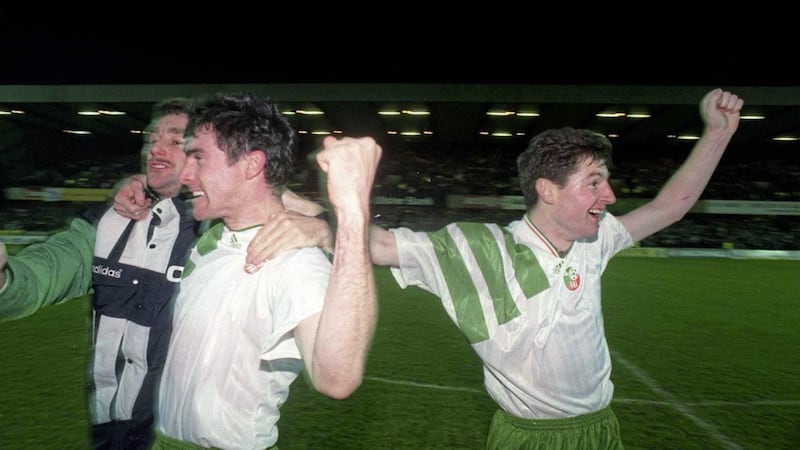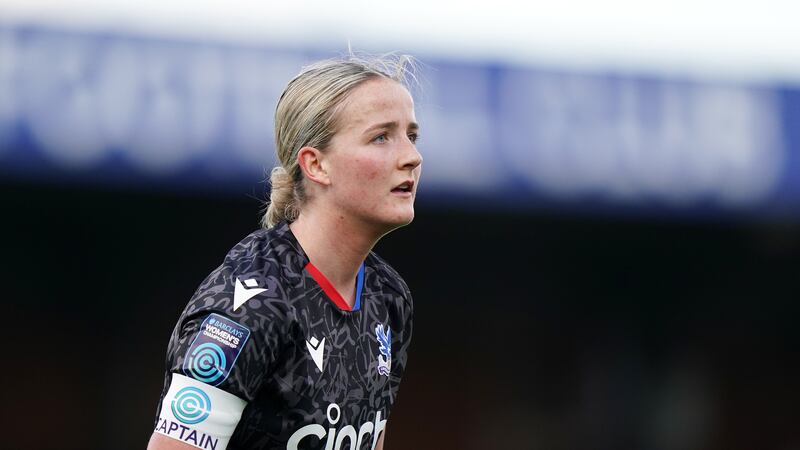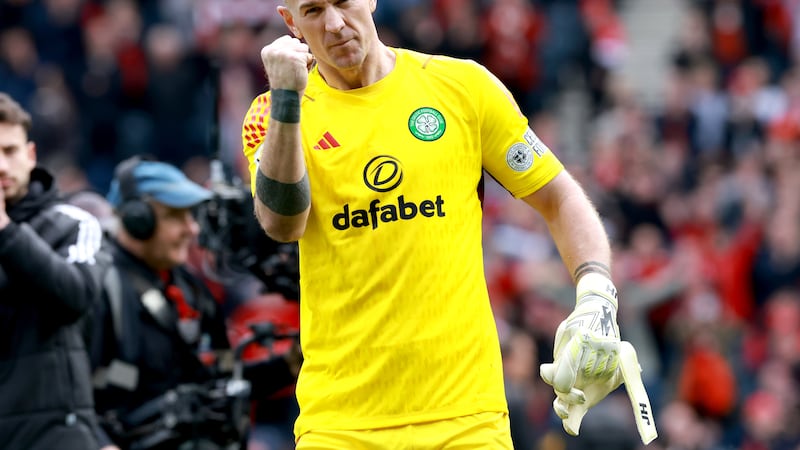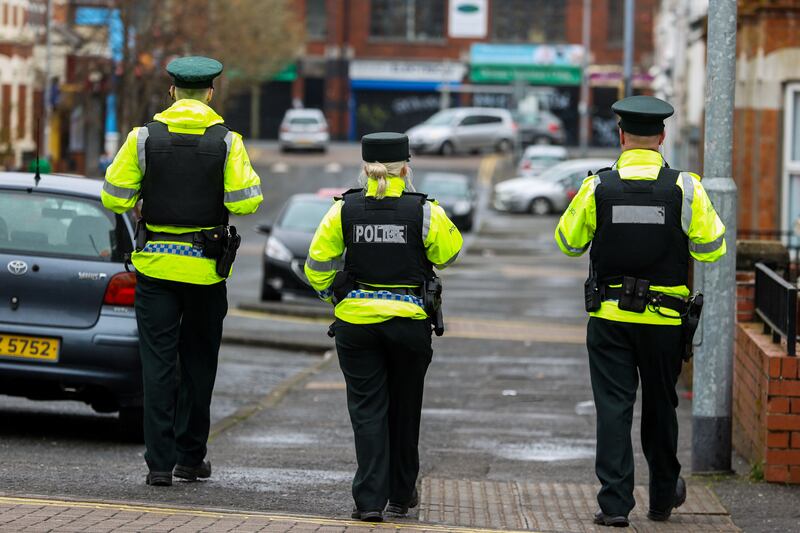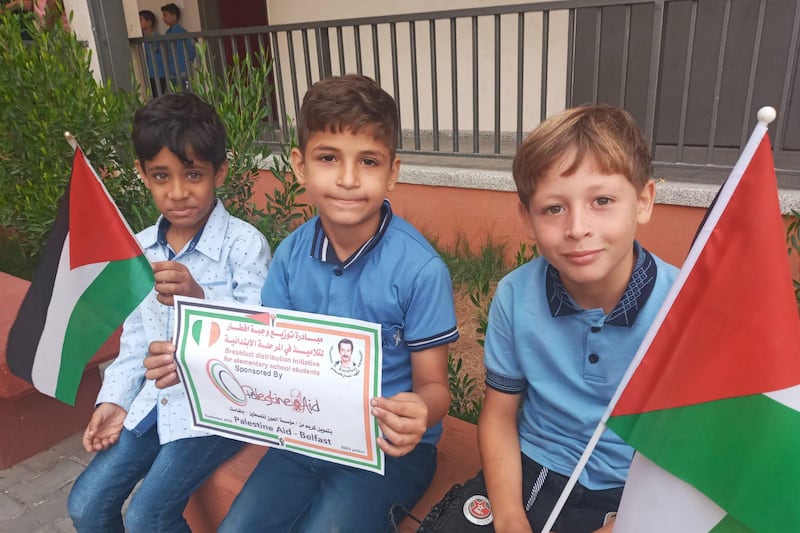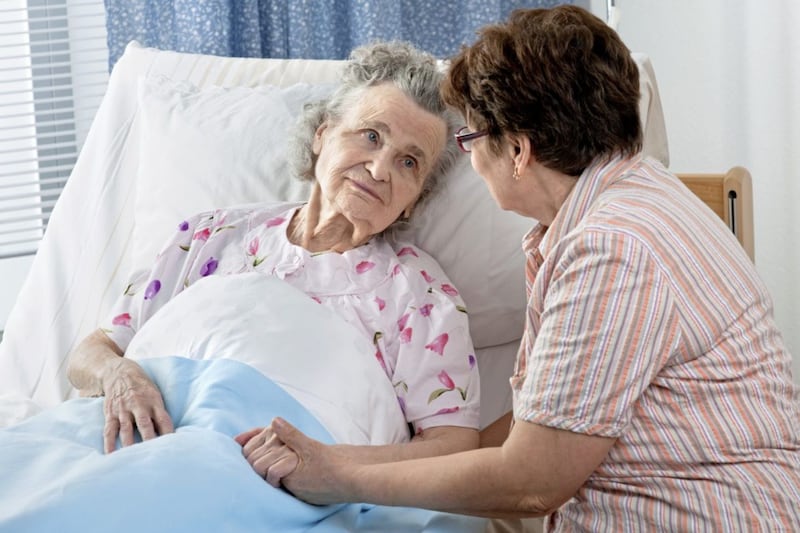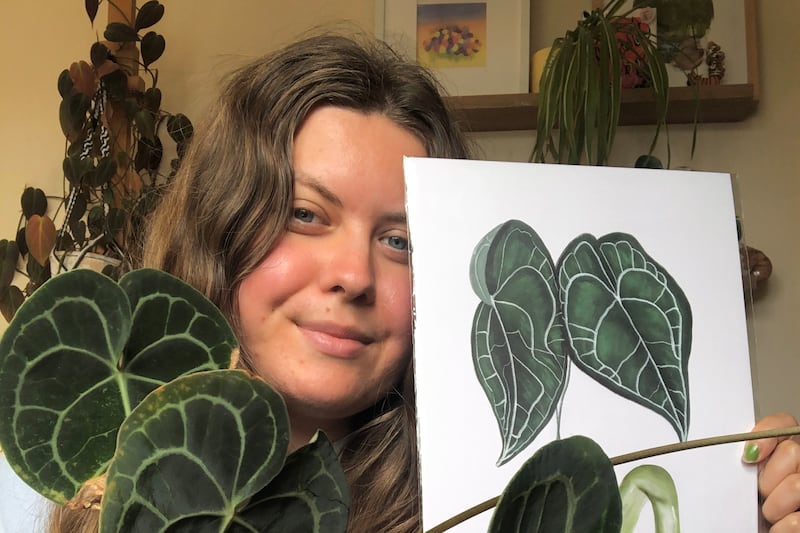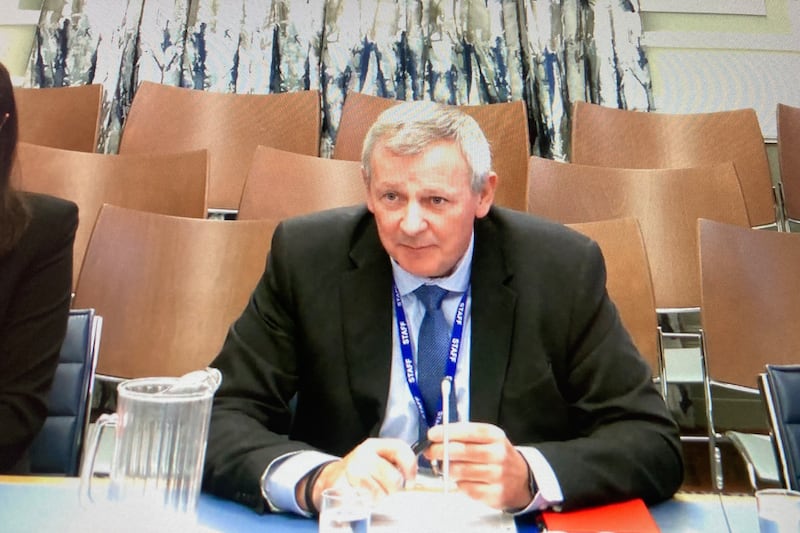‘You’re not going to the USA! You’re not going to the USA!’
If that had been the worst chant ringing out around Windsor Park almost exactly a quarter-century ago that would have been nasty enough, although understandable.
Anyone who complains about Northern Ireland supporters celebrating the thought of preventing the Republic of Ireland reaching the World Cup knows nothing about human nature, never mind soccer supporters.
Sadly, far worse was said and sung on that infamous ‘night in November’, the 17th of that horrible, bloodstained month in 1993.
Truthfully, though, the taunt at the top of this column was the one I remember most, even though the hosts’ jubilation didn’t last long. The visitors quickly equalised and they were on their way to USA ’94.
Read More:
- Turbulent times and 'poaching' players - a look back at relations between the IFA and FAI
- NIall McGinn hoping to begin again against familiar foes in the Republic of Ireland
- Millwall's Shane Ferguson aiming to avoid slagging from club-mates after Irish derby
I still struggle to decipher sectarian or racist chants at matches, even though they’re far rarer nowadays, but even my naïve ears heard some of them then.
The evening had actually started off in good humour. A great friend of mind was still studying in Belfast and offered me a ticket for the World Cup qualifier between the two Irish teams.
The very fact that we were able to obtain tickets was indicative of the tension of the times. The game came not long after the Shankill bombing and the Greysteel massacre.
Many people were wary of further paramilitary attacks. Officially, there were to be no away supporters at Windsor.
As we walked up the Lisburn Road, a cop told us that England were behind. To San Marino. Turned out he wasn’t joking. How we laughed.
The smile soon left my face.
My friend’s housemates, coming to the match with us, seemed like good lads, if a little dull for my liking.
All that changed when they entered Windsor Park.
My friend remained, as he always was and is, one of the nicest people you could ever hope to meet, with no time for sectarianism or hatred.
However, his pals were almost foaming at the mouth in their abuse directed at the Republic of Ireland players.
‘Packie’ Bonner was singled out for particular abuse because he played for Celtic. The same crazed motivation led to the threats and abuse towards Neil Lennon a few years later.
Bemused, and in the hope of shutting up those around me, I pointed out that it wasn’t actually Bonner warming up along the side-line, it was the substitute goalkeeper Alan Kelly.
Another AK suffered abuse too, Alan Kernaghan. Another lovely man, he was reviled as a traitor for representing the Republic, though one of his grandmothers’ Irish citizenship. Never mind the fact that it was the IFA’s policy then only to select players who had a parent born in NI.
No doubt those abusing Kelly, Bonner, Kernaghan, and racially insulting Paul McGrath and Terry Phelan, were among those cheering the loudest when Jimmy Quinn scored the opener for Norther Ireland.
A Rathcoole man, sure - but a Catholic, albeit one with brothers in the Army (the British version).
In another typically Irish twist of fate, the leveller was netted by someone Quinn had befriended when they were both at Swindon Town in the mid-Eighties, Alan McLoughlin.
Thankfully, times have changed for the better – but there’s still some idiocy and bigotry in the stands. On both sides.
There are many modern-day definitions of irony, but a widespread one is when someone labels an entire group of people as ‘bigots’.
Sure, there are still some bigots among the Northern Ireland support – just as there are some bigots among the Republic of Ireland support. The evidence is there on social media.
If you place an insulting label on everyone from ‘the other side’, then you are a bigot yourself. Simple as that.
Ideally, there should have been shared pride that this small island sent teams to four consecutive World Cups.
Yet we lived, and still live, in a far from ideal world. The next best thing to winning for football fans is seeing your rivals fail.
Some northern Catholics might have quietly wished Northern Ireland well at World Cups, given that the team was mixed, and even captained by one of their own in 1982, a certain Martin O’Neill.
From 1988 onwards, though, northern Catholics had a team of their own to support and follow, one that was better than Northern Ireland.
The bile and bitterness of that night in November 1993 was also undoubtedly a factor in the increased rivalry ever since. The progress of the Republic of Ireland’s teams too.
The Northern Ireland team remains mixed, and that’s something which should always be cherished and celebrated.
I’ve said it often, but I’ll say it again for the sake of absolute clarity: Northern Ireland/ the IFA should change their flag and anthem.
Yet perhaps change is needed elsewhere too.
The Irish tricolour has wonderful symbolism, but anyone who refuses to accept that it has become strongly associated with republicanism up here – and physical force republicanism – doesn’t live in Ireland, north or south, or anywhere except a state of denial.
It might help if those who proclaim themselves proud patriots could actually describe its colours accurately, as ‘green, white, and orange’ – not ‘green, white, and gold’, or ‘green, white, and yellow’.
Even within the 32-county GAA there are ‘anti-Nordie’ elements. Some of it is tongue-in-cheek, but some of it, when you scratch the surface, is serious.
Equally, there are still Gaels up here who speak disparagingly of ‘Free State barstewards’ (and they’re not just referring to the price of a pint in Dublin).
So there’ll always be divisions and differences, but that doesn’t mean there can’t also be decency.
Homogenous nationalism is very dangerous, whether that’s under the guise of ‘Ulster/ NI Protestant/ unionism’ or desire for a ‘Gaelic/Catholic Ireland’.
A century on from ‘the war to end all wars’, we still live – and die – in a world where people are killed for being ‘other’.
Ireland, south of the border, is increasingly showing its open, liberal, youthful nature.
Yet some still seem to think that it’s acceptable to be openly ‘anti-English’ or ‘anti-British’.
Go figure.
I was brought up to take people as I found them, not to judge them as bad (or good) based on the colour of their skin or their religious affiliation but on – gasp! – what they were like as people.
Don’t think for a second that I’m some peacenik hippy. There are plenty of people of my ‘hate list’ – but only because they’re hateful, not because they’re any particular colour or creed. Heck, I even have some Manchester United fans as friends.
Because it’s sport, folks.
It’s not life and death.
This happens to be ‘Anti-bullying week’ with the message of ‘Respect’, but that should apply every week, every day of every year.
‘The Green and White Army’ has many wonderful, witty songs about their players. Sing those tomorrow night, not anything that disparages anyone else (apart from Frank Lampard and Steven Gerrard).
‘The Boys (and Girls) in Green’ demonstrate great humour in their support. Don’t denigrate any of your visitors.
Let’s hope tomorrow is a night in November to remember for the right reasons.

